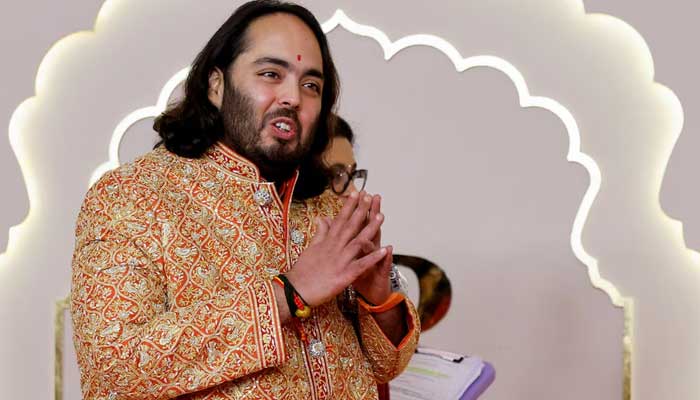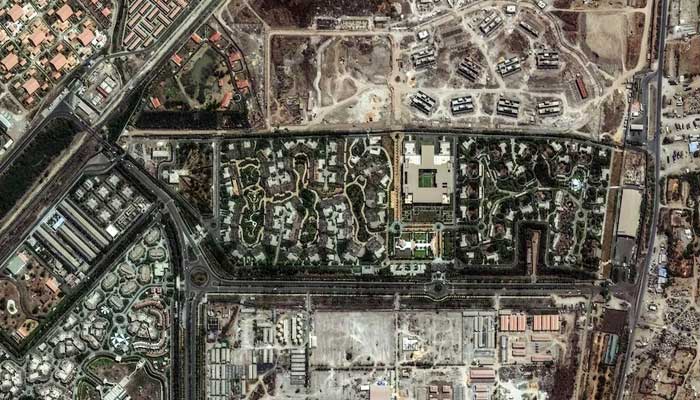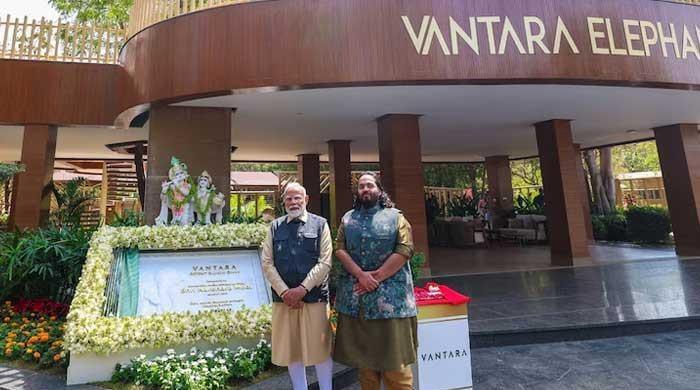NEW DELHI: India has urged a U.N. wildlife trade body not to curb its imports of endangered species, saying it has strengthened oversight amid growing accusations of irregular shipments of animals to a large private zoo run by Asia’s richest family.
Vantara, a 3,500-acre zoo in Gujarat state run by the philanthropic arm of a conglomerate led by billionaire Mukesh Ambani and his family, has faced accusations of improper imports of certain animals, prompting increased scrutiny from authorities in Germany and the European Union. Reuters has reported.
Indian investigators commissioned by the country’s Supreme Court to examine allegations from nonprofit and wildlife groups cleared the sanctuary of any wrongdoing in September, and Vantara has said it complies with all regulations.

However, after visiting the facility in September, the Secretariat of the Convention on International Trade in Endangered Species of Wild Fauna and Flora (Cites) issued a report last week asking India to review its procedures.
The report cited discrepancies between trade data from exporters and importers and noted insufficient checks on the origin of some animals.
In a submission to Cites on November 10, India said any restrictive or punitive measures at this stage would lack legal basis and would risk disrupting the Cites framework, calling the measure “premature and disproportionate.”
The wildlife agency’s request “would constitute a de facto suspension or moratorium on legal imports,” the government said.
India’s submission, posted on Cites’ website ahead of its convention meeting this month, was first reported by Reuters. It signals new disputes over Vantara imports.
‘Exceptionally high standards’
Cites is a global treaty that regulates trade in endangered plants and animals, or products derived from them, with the aim of guaranteeing their survival.
While Cites acknowledged last week that Vantara operates facilities to “exceptionally high standards,” it recommended that India suspend new import permits for endangered species until safeguards are tightened.
The agency warned that without stricter controls, animals from the wild could be misrepresented as being bred in captivity.

India responded that it “has strengthened inspection and reporting mechanisms for all recognized zoos and rescue facilities,” including Vantara. The government has also ordered the Central Zoo Authority to ensure greater due diligence for all future acquisitions.
Cites and Vantara did not respond to a Reuters Request for comment on the Indian government’s presentation on Wednesday.
Vantara: home to 2,000 species
Vantara says it is home to about 2,000 species. That includes exotic species imported from South Africa, Venezuela and the Democratic Republic of the Congo, including snakes, turtles, tigers, cheetahs, giraffes and chimpanzees.
The shipments were recorded with a declared value of $9 million, which Vantara said reflected freight and insurance charges, not any payments for the wildlife.
Last week’s Cites report noted that “several animals come from established commercial breeding facilities, which would normally sell the animals they breed.”
India has filed a defence, saying in response that the SC panel’s findings showed that the imports were carried out in accordance with regulations.




